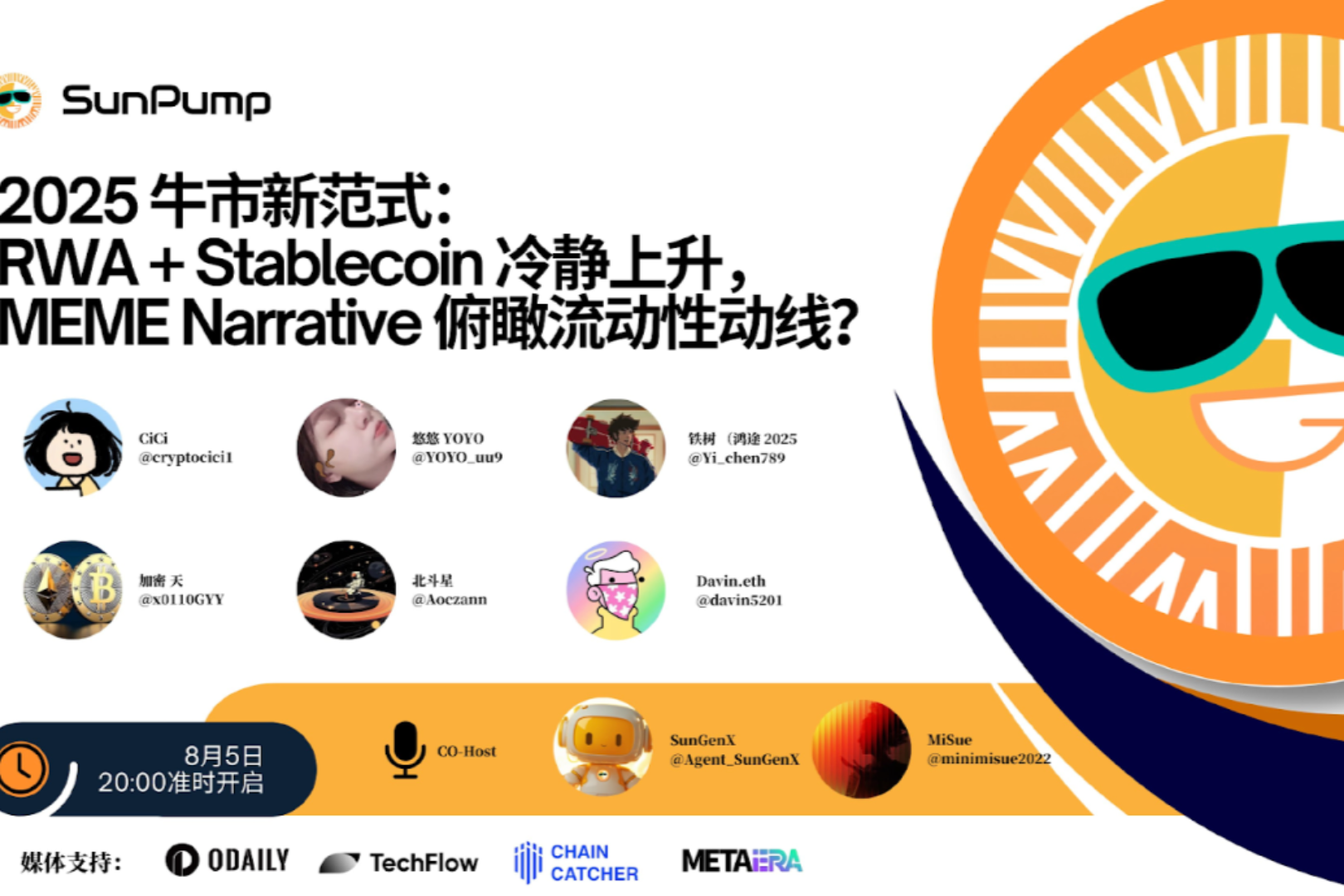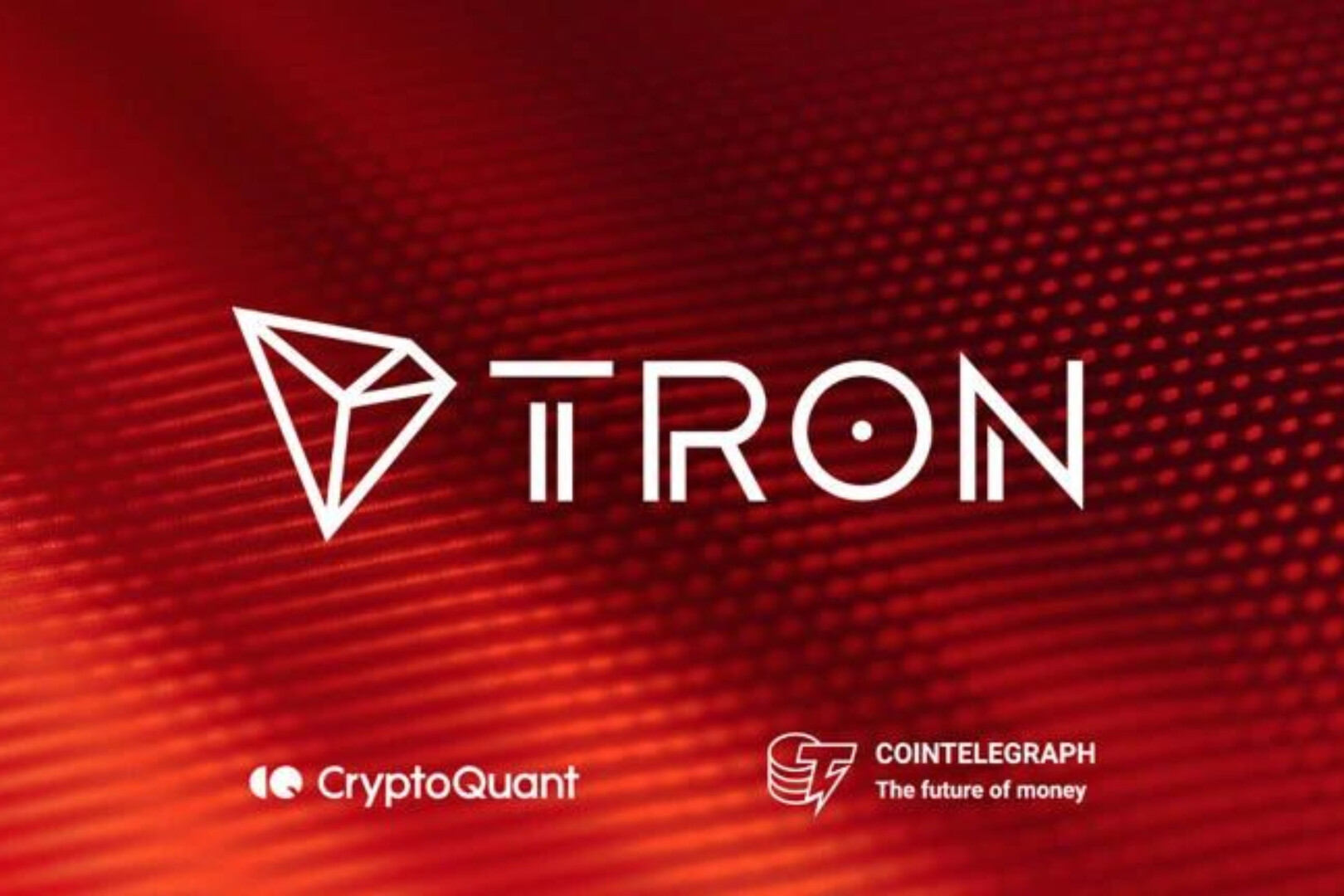This time, we translated two articles from the srock section and WSB section on reddit, and talked about the possible risks of star ETFs in the US market from two perspectives, hoping to help everyone have a better understanding of the risks in the current financial market cognition.
After all, risk and return are two sides of the same coin.
the following:
text
text
text
text
https://www.reddit.com/r/stocks/comments/lv1sjx/investors_beware_arkk_is_a_liquidity_disaster/
It's been a long time since I left Reddit. But the recent wild swings in Gamestop and others have brought me back to r/wallstreetbets and r/stock.
I've been researching Cathie Wood's Ark ETF for a while now and have been absolutely horrified by what I've seen. I'm not a financial expert, but I work in finance professionally: After college, I spent 2 years at a long/short equity hedge fund in New York City; The company does mergers and acquisitions. I have a good understanding of the function of active and passive (ETF) investment products and am deeply aware of the impact of investor money flows on the price and performance of ETFs.
In terms of $ARKK and the ETF family, it's clear that all of these ETFs have become victims of their own success over the past 12-14 months.
How to understand this sentence?
Take $ARKK for example. Over the past 14 months, investors (including many of you) have poured money into ARKK at an astonishing rate – $10 billion in 2020 and another $5 billion in the first two months of 2021. Combined with these investor flows, the Ark ETF has huge stakes in many companies in its portfolio, most as high as 25%-30%, which is very high by any industry standard.
Many of these holdings are illiquid companies that don't trade much on any given day. The combination of low liquidity, massive investor inflows into ETFs, and now large stakes in portfolio companies has led to higher stock prices. Much of the ETF's performance over the past 12-14 months has not been the result of improvements in the portfolio companies themselves, but rather the result of ETFs having to buy less liquid securities when inflows were positive. This may not be easy to understand to the untrained eye, but it is obvious to those with access to industry data.
I analyzed weekly net flows into ARKK over the past 60 weeks and found that ETF portfolio performance is highly correlated with ETF inflows.
70% correlation
R-squared is 0.49
That is, an unimportant part of something is becoming more and more important and is controlling the whole thing! ARKK has produced its own good performance, but not because the companies have grown or fundamentally improved. This is almost entirely a result of ETF buying.
So what happened next?
The consequences of last week have been seen. When an investor sells an ETF to cash out, the ETF investor must sell some of the shares in their portfolio companies. But liquidity, or lack of it, becomes a bigger problem (financial stampede) when investors sell off stocks and the broad equity/tech market pulls back.
The ARKK ETF price appreciated almost 350% in a very short period of time. Now that Cathie Wood represents a significant portion of the company's outstanding shares that are overvalued by nearly every metric, and are trading with very little liquidity, any meaningful reversal of investor money flow (outflows rather than inflows) Both will lead to a cascading collapse of Ark ETFs. If the fund can generate a 350% return in about a year, imagine what would happen if investors turned to exits in a much shorter period of time.
ARK's Strong Correlation Significantly Amplifies Loss and Gain Volatility
If you agree with my analysis, and also own Cathie Wood fund shares, but have limited understanding of investing, I strongly recommend that you do more research on this: not only learn more about the companies held by ETFs, but also try to build your own Valuation method. Please understand that unless you are willing to lose all the money you invest in Ark, you should take some time to reflect on the risks you are taking.
After spending a short time on this and similar subreddits, I worry that many people may not be aware of these risks, and unfortunately, small investors in Cathie's funds will bear the brunt.
As with Wall Street, insiders like Cathie Wood are well rewarded, and small investors are their golden keys. It's not widely known, but it's thought-provoking that Cathie sold part of her company to Beacon USA. Changes in ownership have also been kept private in recent months. Whatever happens, Cathie Wood will be fine, but small investors probably won't.
Good luck, hope I'm wrong.
There are also many hot reviews:
A brother was more serious and raised questions about the research method:
FormalWath:
Yes, ETFs all have similar problems.
But let me be "picky" about your research. You found a correlation between ARKK cash inflows and ARKK fund performance. But you did not provide any controlled studies.
Also, is there a correlation between cash inflows and performance across the market? I want to see this, and especially the effect on the market of the Fed's money printing spree over the past few years.
makeitlouder:
You are right to ask about controlled studies. Then again, I'm not sure that calculating the relationship between fund performance and cash flow tells us much. After all, all stocks have this correlation: money flows in, prices go up. The only difference is that ETFs have their way of getting money into stocks.
The real question raised by this post is what is the underlying asset behind the liquidity, and "is it possible to achieve real price discovery in a weak market?" In response to the comparative research question you raised, I would like to ask again: If ETF inflows have a significant lagged excess return compared to fund performance, can it be regarded as an inefficient price discovery, and may even backfire investors?
tortoisepump:
Correlation 70%, R 0.49? This figure is somewhat low. Your calculation may be confirmed biased.
Maybe you should re-analyze the top 100 long ETFs and see how their money flows relate to fund performance.
This confirmation bias is repeated all the time. Cathie said that when there is a lot of cash flow, she will buy those so-called value stocks, such as Apple, Roche, Google, etc., and when there is a pullback, she will sell these stocks and buy more at the same time. Stocks that feel more confident, such as Tesla.
Undervaluation/low liquidity has never been a big issue since she can vary the weighting of these stocks in the ETF according to her circumstances.
And Rsq = 0.49 has very low effectiveness. Suppose your model is correct, but only one variable is used in this model, which is the cash flow of the ETF. So 0.49 means that 49% of the ETF's performance is related to the ETF's cash flow. In other words, 51% of the performance is explained by the unexpected variables of ETF inflows.
Some brothers bluntly said that this is a common problem in the US financial market.
Deathglass:
Buddy, this is not only the case with ARKK, but also the equity market in the United States in the past ten years can be seen in this way. We've been like this for a long time.
Of course, the rushing brother is indispensable.
ProfTydrim:
As long as I can buy ARKX, I will rush immediately
The Real Big Short: Passive Investing, Positive Feedback Loops, and the Massive ARK Bubble
Text / The Real Big Short: Passive Investing, Positive Feedback Loops, and The Massive Ark Bubble
Translation/X-Order
original/
Long story short: long ARKK puts and/or debit spreads.
"Shut up short investors!"
"Don't short meme stocks!"
"Cathy will bury you!"
For the past year, you may have been right. But the end of every bubble is the same, it's just the underlying assets and catalysts that change. Are you bearish on the market? Are you thinking about YOLO puts like you did last March? Don't short SPY, short ARKK.
Shorting ARKK is not because the holding price is too high, but because of the operation of the ETF itself. If you are shorting a bubble just because the price is going up, that is a bad move. For starters, an ETF is essentially a bundle of stocks. Buying ARKK is equivalent to indirectly investing in Tesla, Square, PayPal, Zillow, etc. The inner workings are very interesting. Every x multiple of dollar inflows causes ARKK to buy more of its underlying stock.
When people buy ARKK, ARKK has to buy shares of Tesla, Square, etc. to create new ETF units. As the shares are bought, this naturally leads to an increase in the ETF price. However this inadvertently attracted more people to buy ARKK as it seemed to be doing well, so more money flowed into related stocks etc.
What will this cause? More inflows = more stock purchases = better fund performance = more inflows, it's a vicious cycle. However, the number of shares of individual stocks is limited. ARKK has more than quintupled its stake in the past year. ARKK currently owns more than 10% of portfolio companies.
If ARKK wanted to rebalance its portfolio, it would be difficult for it to shed so many shares in a short period of time, as this would have a drastic impact on the stock price. ARKK has since "diversified" by buying speculative "growth stocks" such as 0-return reverse mergers.
so what? ARKK's holdings are up 400% or more from a year-ago high in February, but several of ARKK's portfolio companies are fundamentally unchanged. The rapid rise of Tesla is a typical example. Now, many of these stocks are struggling to break new highs and appear to be fighting or plummeting. ARKK itself is up 400% from its March lows and 180% from last February, far outperforming the index.
Ironically, more and more people are talking about ARKK these days, although mathematically speaking, it is difficult for the company to stand out due to its sheer size. Combined with ARKK's tendency to largely ignore valuations and hold a large number of incredibly expensive "growth" stocks, this has set the stage for a decline.
In my opinion, FAANG stocks are not overvalued. Apple and Amazon are fine and not plummeting. Tesla and other ARKK holdings are a different story. The industry rhetoric is true, and Tesla appears to be the victim. Other great businesses will soon suffer the same.
If investors start to profit from their ARKK positions, the firm will be forced to sell some of its portfolio companies' assets. That will put more selling pressure on growth companies that are already in decline, driving stocks lower. This decline will affect the price of ARKK, causing more investors to sell their stocks, thereby accelerating the reduction of holdings and continuing to depress the price of ARKK.
ARK recent trend chart
Momentum can work both up and down. ARKK is illiquid in many companies and holding a 10% stake could be its grave as ARKK will be forced to sell its position once the outflows start.
Maybe it's because we're approaching the one-year anniversary of the market flash crash of March 2020, a bear market experience I've been through back then that's still fresh in my memory. In the last year, outstanding companies are the most vulnerable, and the mechanics behind the ETF make ARKK a prime target.
It's a David and Goliath moment, good luck to our short investors.
Comments:
What are the consequences of being bearish in WSB? Of course, it was blown up by the bulls.
Procedure_Hot:
Well, do your reverse and look long on ARKK. YOLO!
CryptoCoalMining:
Cathie will bury you.





